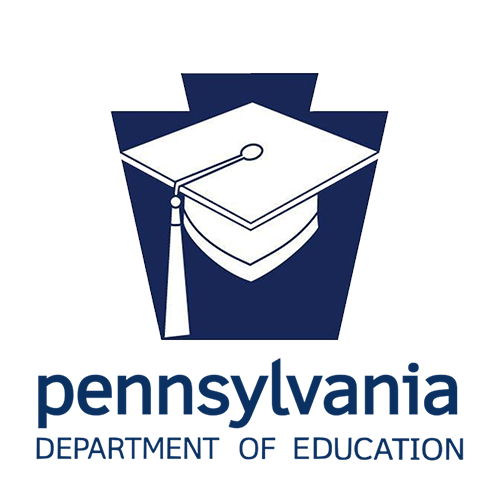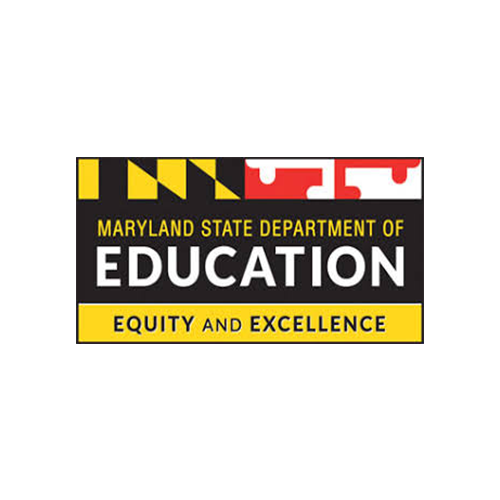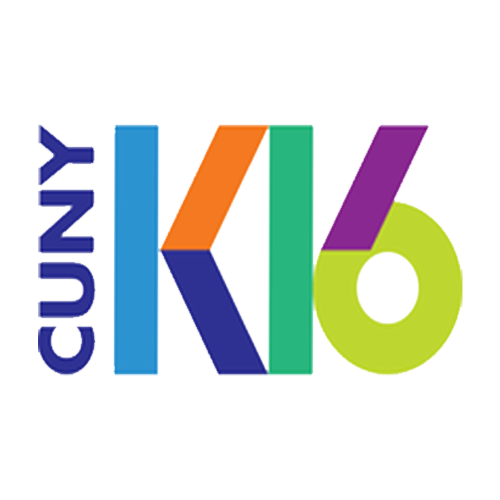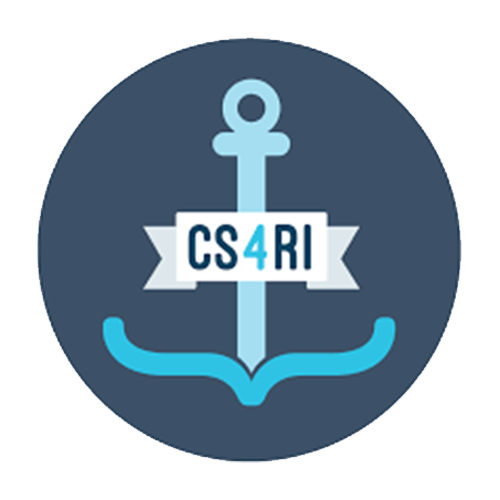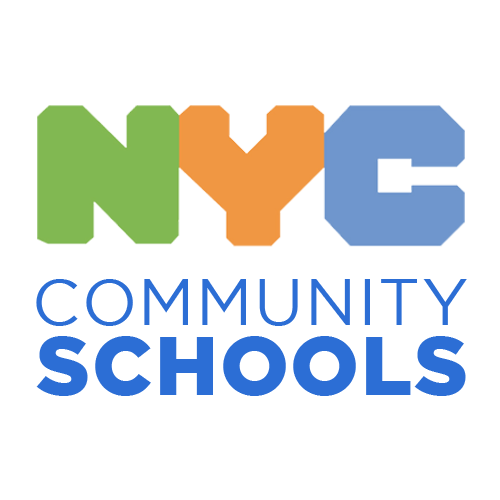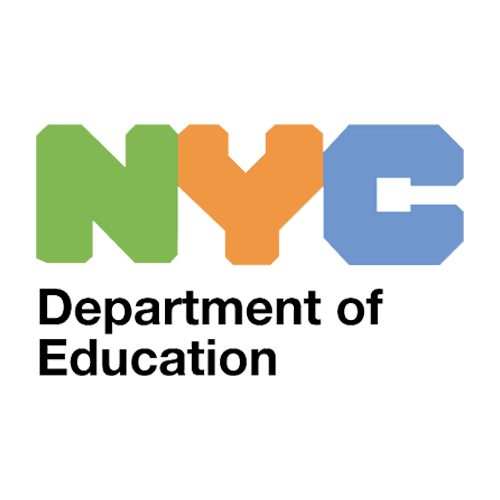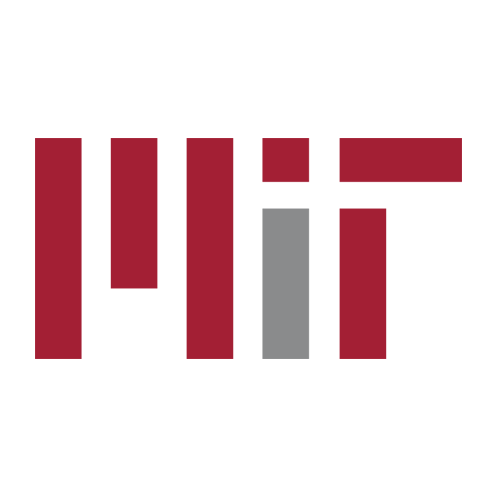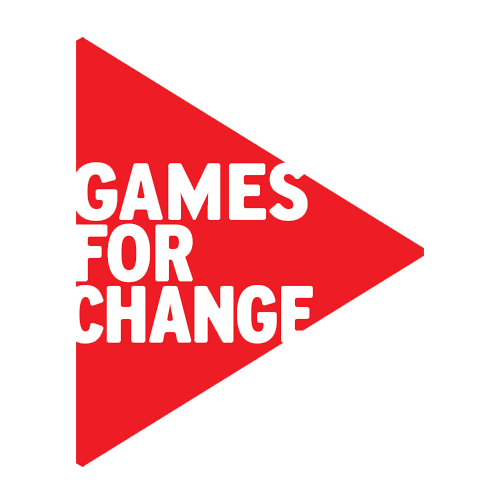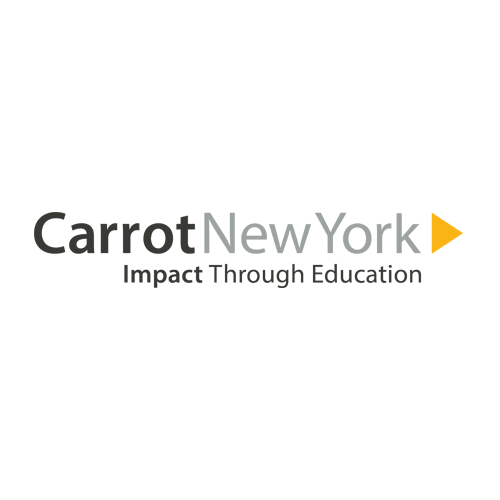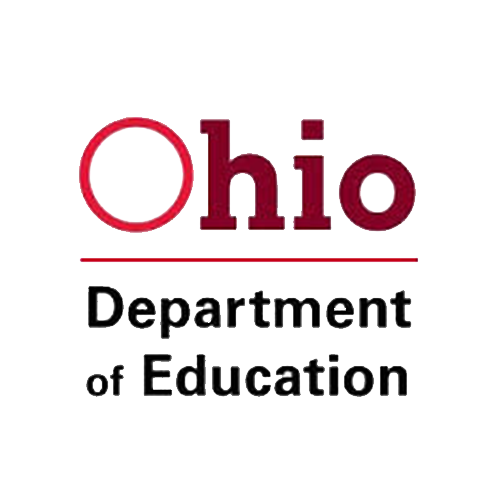Calling All School Food Service Directors
We want to hear from you:
Join the USDA Food and Nutrition Service School Food Preparation Study!
Read more below about the research study, or Click Here to Complete an Interest Form
If you have questions, call us – (207) 835-8187 – or schedule a zoom meeting with our team using this link.
What is this about?
Applied Curiosity Research was contracted by the US Department of Agriculture (USDA) Food and Nutrition Service (FNS) to gather feedback from 36 school food authorities (SFAs) across the country. Specifically, we want to learn about scratch cooking and fresh food preparation. There is a lot of enthusiasm about this topic, but we know there are challenges as well. We have three big questions for SFAs across the country:
- How do SFAs prepare food?
- How are schools incorporating more scratch cooking and other fresh food preparation techniques?
- What have been the challenges, successes, and benefits of preparing fresh foods?
Recruitment began in the summer of 2024. Data collection from SFAs will start in August 2024 and continue on a rolling basis until February 2025.
The information we collect will be used by the USDA to create resources and technical assistance, and it may inform future policy guidance and rulemaking to help SFAs include fresh food preparation in their operations more easily.
What will my SFA do?
We will ask you to share information and perspectives in a few ways:
- Food service on-line questionnaire. This 15-minute questionnaire will ask about your SFA’s food sourcing, preparation methods, kitchen facilities and equipment, personnel, and training.
- Share a sample of recipes, menus, and other information. This will include:
- A sample of recipes your students like or that use fresh food preparation techniques.
- The menus that include the recipes you shared.
- Financial information about revenues, expenditures, and meal costs
- Other information such as purchasing documents and training materials. This may sound like a lot, but we are committed to making this easy for you!
- Virtual Interviews. We want to speak to a few staff at each SFA. This will include an interview with the food service director (70-90 minutes) and interviews with one to three other staff (45-60 minutes), such as:
- Cafeteria managers
- Menu planners
- Procurement specialists
- Chefs
- Head Cooks
- [Optional Site Visits] For 10-12 of the SFAs that participate, we will coordinate a school visit to observe your operation in action and follow up on anything we learned from the interviews. We will work with each selected SFA to arrange a convenient time.
What will my SFA receive?
Anybody that completes an interview will receive a $50 honorarium, and the food service director will receive a $100 honorarium for the extended interview and the additional effort in responding to our requests.
Any SFA that participates in the optional site visit will receive an additional $400 honorarium.
We will work with SFAs to verify that staff can accept honorariums through their district policies. If they are unable, we can provide a donation to the SFA.
What are the next steps?
Complete an Interest Form: [Click Here to Complete an Interest Form]. You are not committing to anything, just letting us know your SFA is interested. We will respond within two business days with next steps.
Frequently Asked Questions
What is “fresh food preparation”?
Fresh food preparation refers to food preparation activities other than reheating (e.g., chopping, baking, combining ingredients) or that incorporate more fresh, raw, and/or minimally processed ingredients. Some other terms that you may be familiar with are scratch, speed scratch, semi-scratch, pre-assembled, or homemade.
How will the data gathered from this study be used?
The data will be analyzed and products such as briefs and case studies will be developed to share findings. In the long term, the data gathered from this study will help inform USDA policy and guidance and support future technical assistance and training resources. All information is confidential, and we will ask before sharing any information publicly about an SFA. Also, no information gathered from this study will impact an SFA’s School Meal Administrative Review and other audits, or in any way affect school meal reimbursements.
Do I have to do this?
Absolutely not. This is a completely voluntary study and will not impact any of the benefits or funding you may receive from the USDA. We will provide plenty of ways for staff at your SFA to provide consent so that nobody participates who does not want to.
Are there any SFAs that are not included in this study?
SFAs that do not participate in the National School Lunch Program will be ineligible to participate. Also, Residential Child Care Institutions and Non-Profit Private Schools will not be included.
How long will it take for SFAs to participate in this study?
- Short answer: about 9 hours over 4-6 weeks.
- Longer answer: this process of sharing information and scheduling interviews may move fast for some SFAs and slower for others. It will depend on how quickly an SFA can respond to data collection requests and when interviews can be scheduled with the food service director and other staff. We expect this process may take 4-6 weeks for most SFAs during August 2024 through November 2024, and the interviews, scheduling, questionnaire, and information sharing should take no more than 9 hours altogether. The 1-2 day site visits (optional) will take place between November 2024 and February 2025.
What will the site visit include?
- Short Answer: This will look different depending on the size of your SFA. Our overall goal is to get a snapshot of your kitchens, but not to tour every facility.
- Long Answer: For most SFAs, the site visit will be one day, but for larger SFAs the site visit could include an additional day. During the site visit, 2-3 research staff will be onsite and will first meet with key staff at the SFA, either in a group meeting or through individual meetings. We will observe food preparation in a sample of kitchens to better understand what we learned from the interviews, such as how staff read and prepare recipes, use fresh food preparation techniques (e.g., chopping, baking, roasting) and equipment, and prepare serving lines prior to meal service. We will work with the food service director on the number of kitchens to observe, which may include 1-2 kitchens in a small SFA and 5-6 in larger SFAs. Also, we would like to see food storage facilities and areas, central food production facilities and kitchens, and any unique parts of the facilities that are challenging or that help in preparing fresh food. Finally, if there are opportunities to observe staff trainings, student engagement events, or other activities related to fresh food preparation, we would be interested in observing these.
Will you collect any student data?
No, we will not collect any student data during interviews or site visits. We hope to observe food service during our site visits but will not interact with or collect any data about the students.
Does the food service director have to participate?
Not necessarily. We need somebody to take the lead that has significant knowledge about the food service operations process and can share the information we’re asking about. If there is another food service leader that can fill this role and participate, that works for us!
What if our SFA is not doing a lot of fresh food preparation?
We want to hear from SFAs with a range of fresh food preparation experiences and practices. That includes SFAs that are just getting started or those that are still working through the barriers and challenges of doing fresh food preparation.
I don’t have 70- to 90-minutes to do an interview. Can I break this up into shorter periods?
Yes! We will work with you to schedule times that are convenient.
Who is Applied Curiosity Research and how will I interact with their team during this study?
Applied Curiosity Research, ACR for short, leads research in communities and schools across the country to evaluate programs, curriculum, and training sessions. We have completed projects with students, teachers, school administrators, food service staff and directors, chefs, and menu planners, across the US. Our team includes former teachers, researchers, and nutrition professionals with backgrounds in education, school nutrition, health, and museum sciences. Most importantly, we are very excited to support this project, and learn from you.
OMB BURDEN STATEMENT: This information is being collected to assist the Food and Nutrition Service in understanding fresh food preparation in SFAs. This is a voluntary collection and FNS will use the information to inform USDA research and technical support. According to the Paperwork Reduction Act of 1995, an agency may not conduct or sponsor, and a person is not required to respond to, a collection of information unless it displays a valid OMB control number. The valid OMB control number for this information collection is 0584-0524. The time required to complete this information collection is estimated to average 5 minutes per response, including the time for reviewing instructions, searching existing data sources, gathering and maintaining the data needed, and completing and reviewing the collection of information. Send comments regarding this burden estimate or any other aspect of this collection of information, including suggestions for reducing this burden, to: U.S. Department of Agriculture, Food and Nutrition Service, Office of Policy Support, 1320 Braddock Place, 5th Floor, Alexandria, VA 22306 ATTN: PRA (0584-0524). Do not return the completed form to this address.
-

Content Development Partner
ACR brings the highest level of strategic thought, confidence, and professionalism to all projects. ACR has often been required to meet tight deadlines and manage multi-level client approval processes. They always deliver on time and without cutting corners, while managing expectations along the way.
-

Client, City Agency
ACR takes the time to understand what I’m looking to learn from each evaluation, and they design and revise their methods to answer my specific questions. As a result, their research captures meaningful data and evidence of impact, and their analysis and recommendations directly relate to my programs. Their work has directly influenced programmatic decisions and policy.
-

Client, Higher Ed
ACR’s knowledge, insight and understanding of our goals helped to foster a very collaborative working relationship. ACR’s team members became an invaluable part of my project team.

